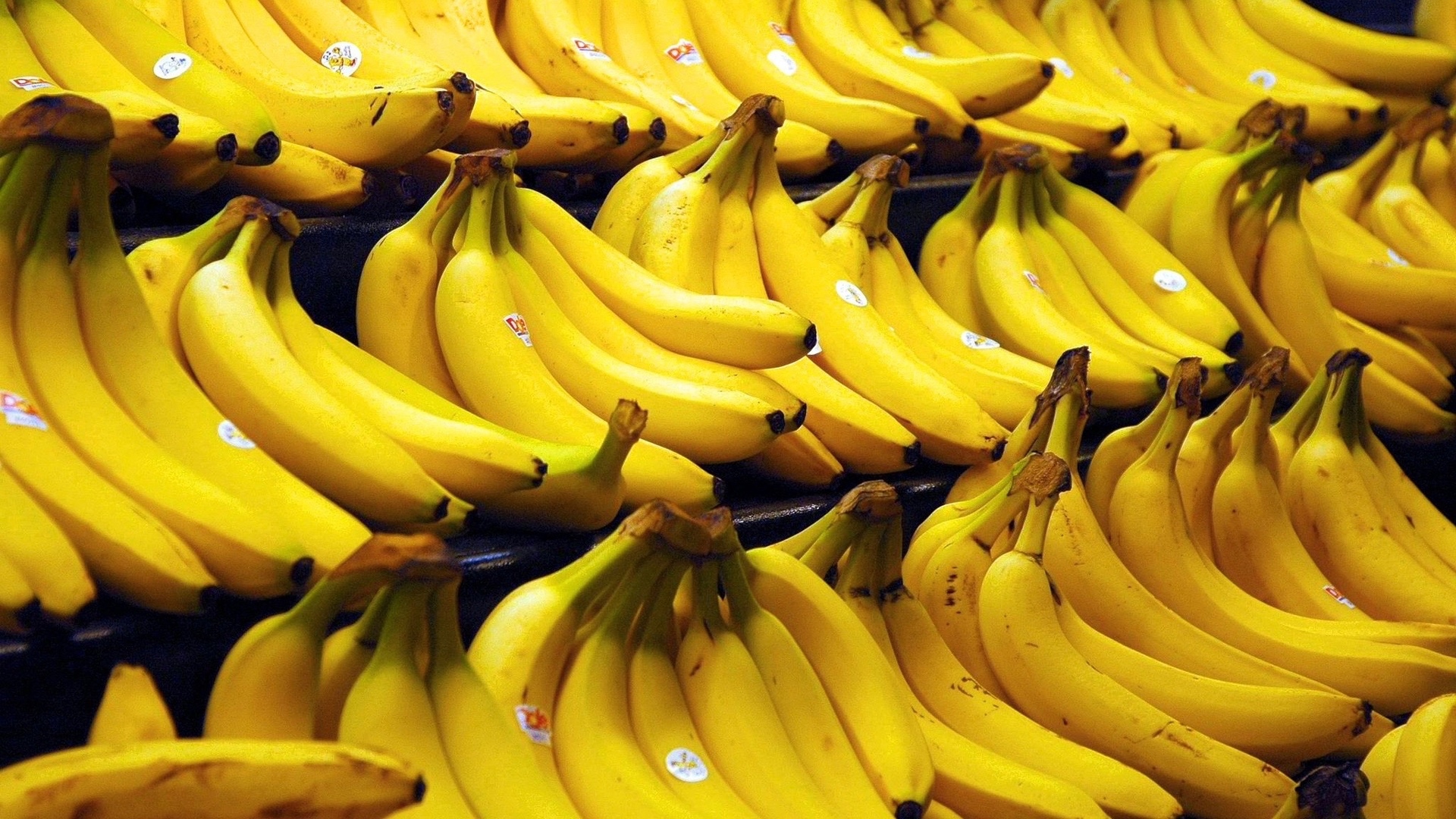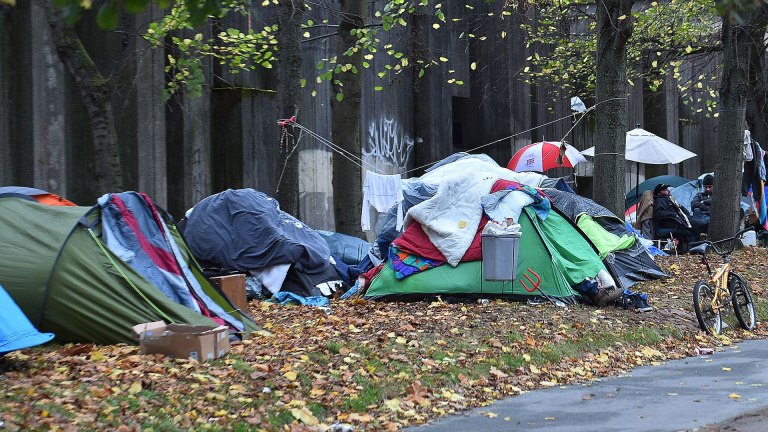A national emergency has been declared in Colombia after a fungus that decimates banana crops was found – bringing the world’s biggest exporter of bananas to a halt.
There is no known effective fungicide to control the disease, so-called Tropical Race 4 (otherwise known as Panama disease), that was found on banana plants across nearly 180 hectares in the La Guajira region of the country.
This could mark disaster for bananas as a food source and as an export. Bananas from infected plants are not dangerous for people to eat but the plants do eventually stop bearing fruit.
Director of Columbian agricultural institute ICA Deyanira Barrero León tweeted that the institute had teamed up with the police, the military and experts from around the world in an attempt to fight the spread of the disease.
“We are responding with everything we’ve got,” she added.
Plants found growing in the infected soil were destroyed and the ICA intends to increase sanitary control measures at all ports, airports and border points.





